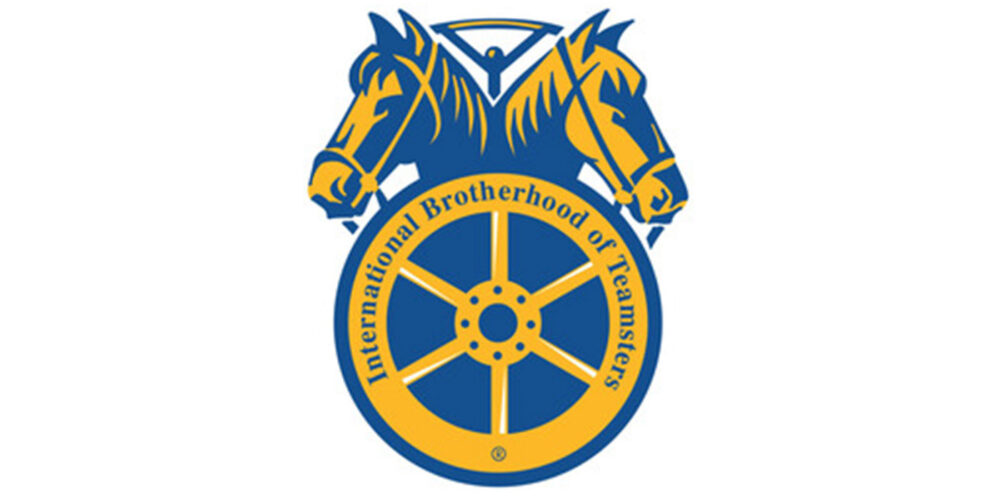WASHINGTON — The Level Field Institute, a grassroots organization founded by retirees of Chrysler, Ford, GM and the companies that supply them, has issued its first report on the U.S. automotive parts industry. Level Field seeks to promote U.S. jobs, R&D and infrastructure investment by offering clear comparisons of how various automakers contribute to the U.S. economy.
This first study focuses on how differences in "domestic content" among automakers affect the U.S. economy and jobs. Level Field conducted this most recent study in response to growing confusion over whether, and how much, a car’s domestic content still matters. The report examines how much automakers spent on U.S. parts in recent years, as well as the average domestic content for the cars sold in the U.S. by each company (as defined by the American Automobile Labeling Act (AALA)). From that, Level Field estimates how many jobs each automaker’s domestic parts purchases support — and how automakers compare on a market share-adjusted and per car-adjusted basis.
"Parts suppliers employ somewhere between 80 and 170 percent more U.S. workers than the automakers themselves, so domestic content has a big impact on our economy," said Level Field President Jim Doyle. "This report examines how various automakers rate against one another, and what the differences among them mean for U.S. jobs. Domestic content can vary widely from model to model, but comparing companies demonstrates that tens of billions of dollars and more than 200,000 U.S. jobs are at stake," Doyle continued.
Among Level Field’s findings:
* Domestic automakers’ combined spending of $171 billion supported approximately 480,000 U.S. parts jobs in 2005, compared with foreign automaker spending of $50 billion, which supported approximately 140,000 jobs.
* Had domestic automakers reduced their domestic content average from 76 percent to the foreign automaker average of 40 percent, U.S. parts suppliers would have sold approximately $83 billion fewer parts, which could have led to layoffs for as many as 232,000 workers (nearly two of every five workers employed by parts suppliers nationwide).
* GM’s parts purchases were approximately 1.5 times what its market share would suggest, while Toyota’s parts purchases were lower by approximately one third.
* Ford, GM and Chrysler used 93 percent more domestic parts on average than their foreign competitors. The report shows the significant domestic content differences on a brand-by-brand basis.
Full details of the new Level Field report, along with previous studies examining the impact of the auto industry on the U.S. economy and jobs, can be found at: http://www.levelfieldinstitute.org.









